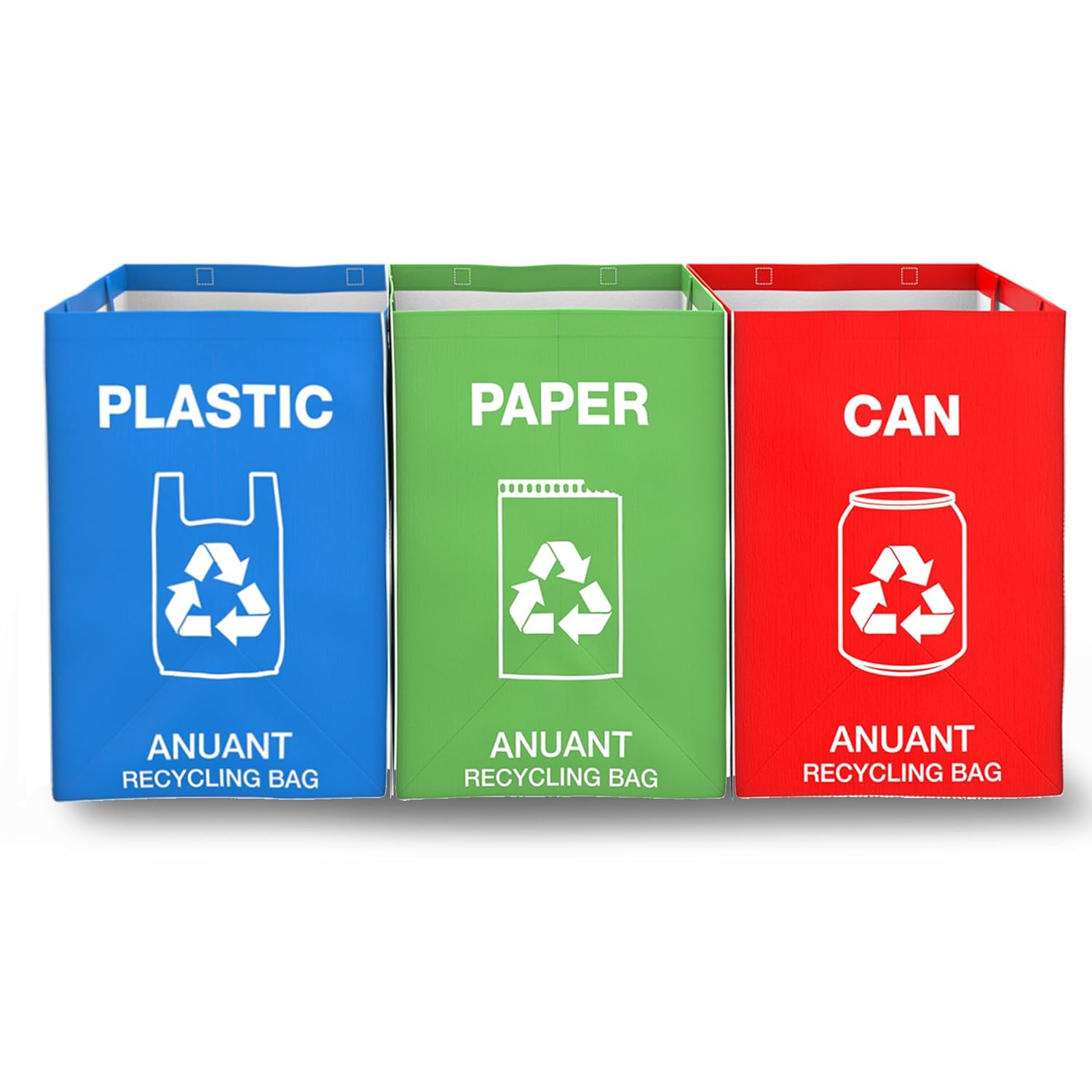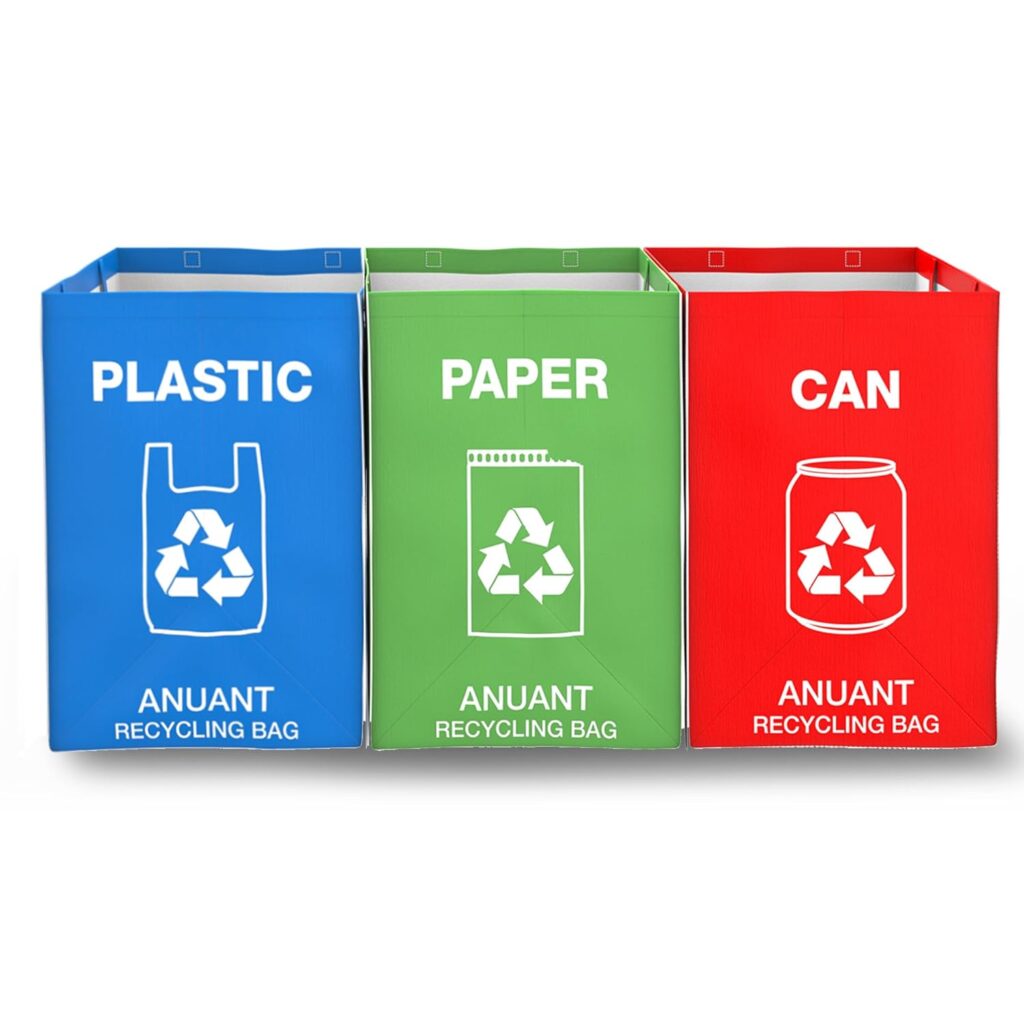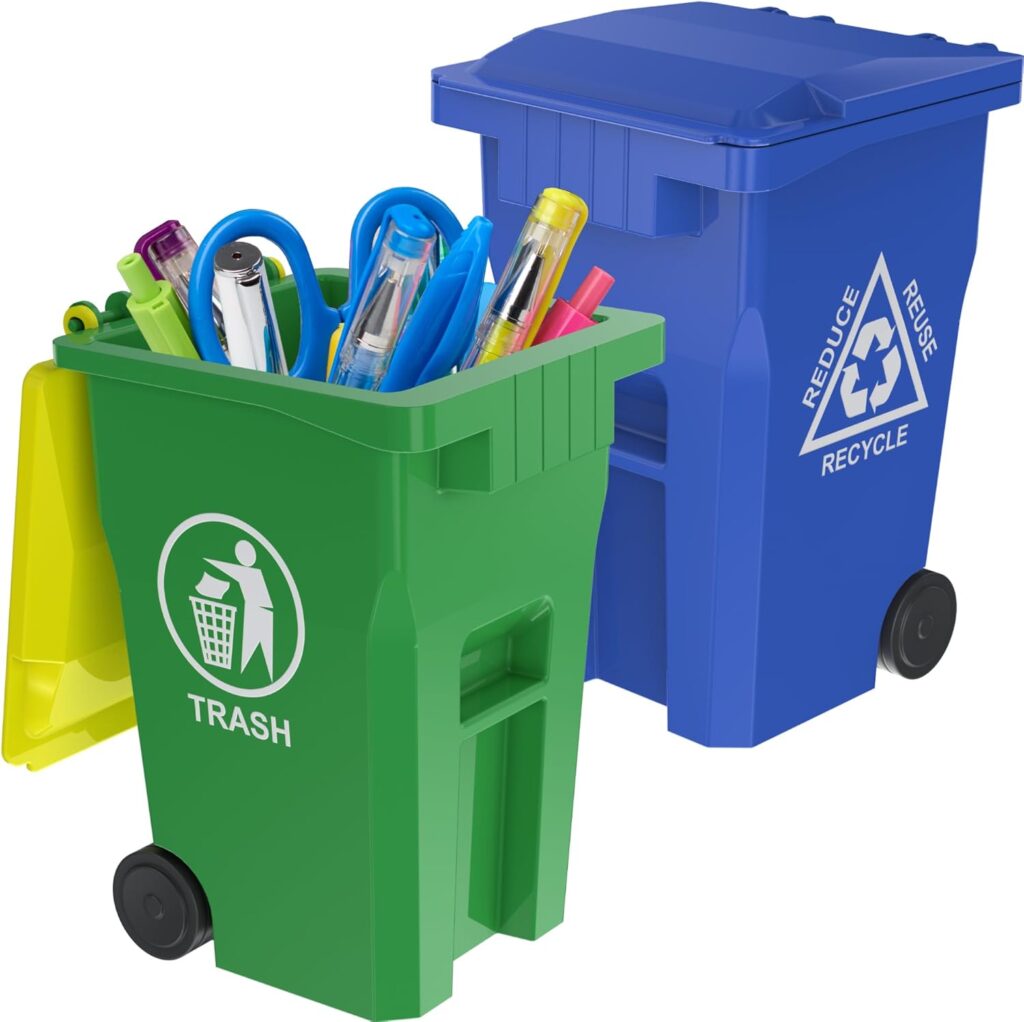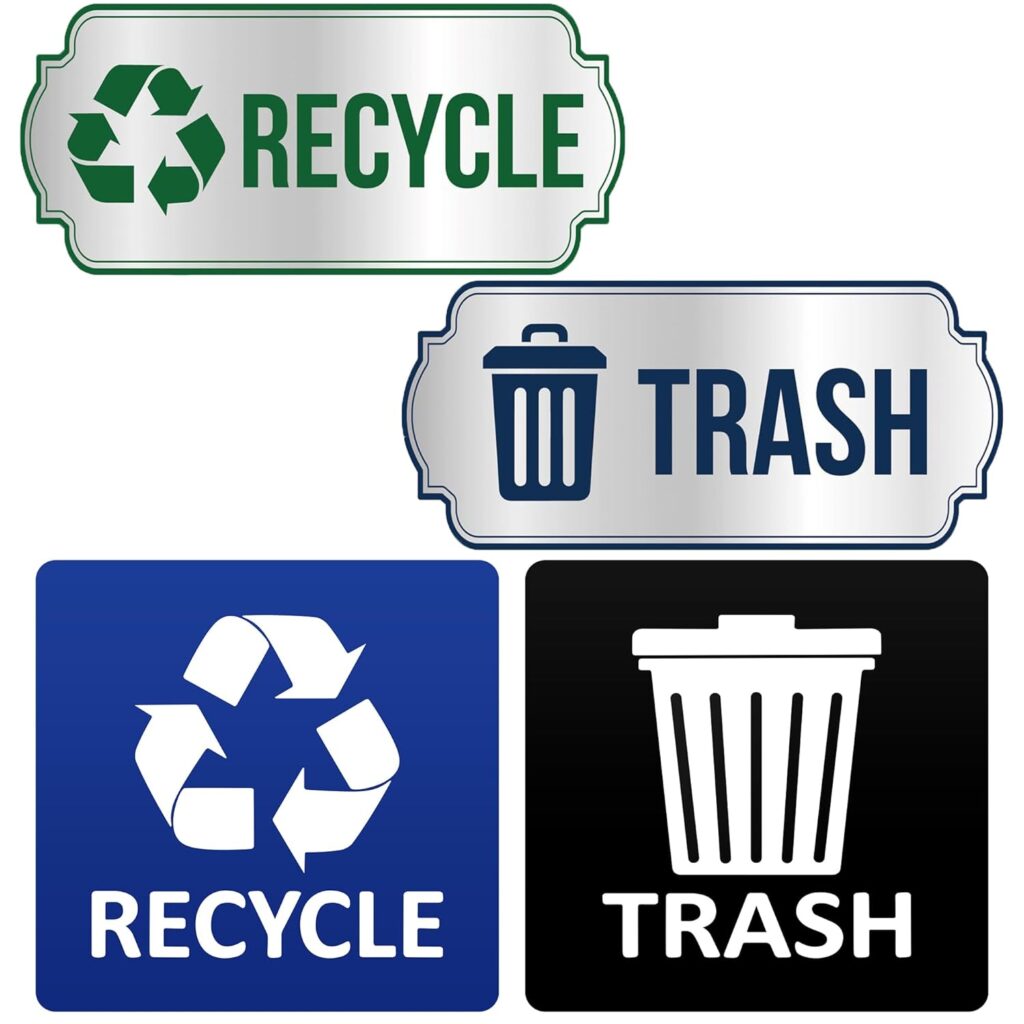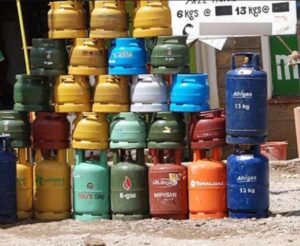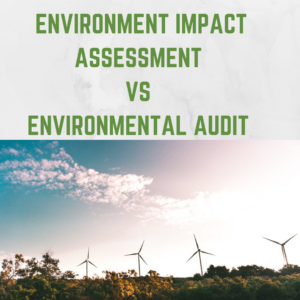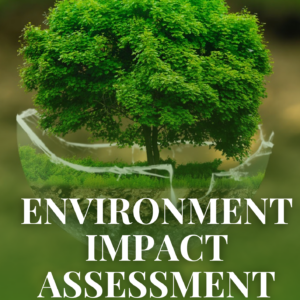When most people think about “waste,” they picture overflowing bins, plastic bottles, or industrial scraps, not a clean bank lobby or an office full of computers. But here’s the truth: the finance sector also generates waste, and a lot of it.
From stacks of paper to old electronics and office furniture, every financial institution in Kenya contributes to waste streams that, if not properly managed, can harm the environment and fall foul of the National Environment Management Authority (NEMA) regulations.
So, what exactly counts as waste in a finance institution, and how do you handle it responsibly under Kenyan law? Let’s break it down. Find more posts on waste management and sustainability here.
Table of Contents
Handling Waste in Finance Institutions.
1. Understanding Waste in the Finance Sector
In Kenya, under the Environmental Management and Coordination (Waste Management) Regulations, 2006, waste is defined as any undesirable or superfluous matter that results from human activity.
For the finance sector, this translates into a few clear categories:
- Paper waste: printed reports, loan forms, account statements, and marketing materials.
- Electronic waste (e-waste): old computers, monitors, printers, calculators, ATMs, cables, and batteries.
- General office waste: food packaging, plastics, stationery, and cleaning supplies.
- Hazardous waste: toners, batteries, fluorescent tubes, and chemical cleaning agents.
Every one of these has an environmental footprint. Even a simple printer cartridge or outdated laptop, when dumped carelessly, can leak toxins into soil and water.
2. The NEMA Rules You Should Know
Kenya’s EMCA (1999) and the Waste Management Regulations (2006) require all businesses, including those in the finance sector, to ensure that their waste is properly managed from generation to disposal.
Here’s what that means for your institution:
a) Segregate Waste at Source
Under SWMA, waste should be separated at the point of generation, that means having clearly labeled bins for paper, plastics, food, and e-waste.
In your office, this could look like:
- Blue bins for paper.
- Green bins for recyclables.
- Red bins for non-recyclables.
Segregation makes it easier for recyclers and ensures minimal contamination, a small step with a huge environmental impact.
b) Proper Storage Before Collection
According to waste regulations, waste should be stored in containers that prevent leakage, are covered, and placed in safe locations away from water sources or public areas.
For offices, this means:
- Using closed, non-leaking bins.
- Keeping e-waste in a dry, secure area until collection.
- Labeling all waste storage areas clearly.
c) Licensed Collection and Disposal
Under the waste regulations, only NEMA-licensed waste transporters can collect or dispose of waste. Whether you’re dealing with shredded paper, e-waste, or office trash, always confirm your service provider’s license status with NEMA.
It’s not just about compliance, it ensures that your waste is handled by professionals who transport it safely to recycling or disposal facilities.
d) Embrace Recycling and Reuse
The Sustainable Waste Management Act (2022), which builds on EMCA, shifts Kenya toward a zero waste and circular economy approach. This means organizations are encouraged to:
- Partner with recycling companies.
- Reuse office supplies where possible.
- Donate or repurpose old electronics and furniture instead of dumping them or partner with companies like WEEE centre.
The goal is simple: keep materials in use for as long as possible and reduce how much ends up in landfills.
e) Maintain Waste Records
NEMA requires organizations to keep proper waste generation and disposal records. These can include:
- Waste collection receipts.
- Disposal manifests from licensed handlers.
- Internal waste tracking forms.
Keeping these records shows compliance and demonstrates accountability in your sustainability reporting.
3. Why This Matters: The Sustainability Connection
The finance sector might not be “dirty” in the traditional sense, but it has a massive environmental influence, directly through its operations and indirectly through the projects it funds.
By managing its own waste properly, the sector sets the tone for responsible business practices across Kenya.
Here’s how:
✅ Reducing landfill waste: Every piece of paper recycled or e-waste reused keeps toxins and plastics out of the environment.
✅ Supporting the circular economy: Partnering with recycling firms creates jobs and supports Kenya’s green transition.
✅ Enhancing brand credibility: Environmentally conscious financial institutions attract investors, customers, and partnerships.
✅ Aligning with ESG goals: Proper waste management contributes directly to the Environmental pillar of ESG, a growing global reporting requirement.
4. Simple Steps to Build a Zero Waste Finance Office
Creating a sustainable waste culture doesn’t need to be complicated. Here’s how your institution can start today:
- Conduct a Waste Audit: Identify the main waste types in your offices; paper, plastic, e-waste, food, etc.
- Set Up a Segregation System: Use labeled bins in common areas and departments.
- Partner with Licensed Handlers: Always work with NEMA licensed recyclers or collectors.
- Digitize Operations: Go paperless where possible; online statements, digital HR files, e-signatures, and cloud storage.
- Train Staff: Hold short awareness sessions on proper disposal and recycling.
- Create a Green Procurement Policy: Buy eco-friendly supplies, rechargeable batteries, and energy-efficient equipment.
- Monitor and Report: Keep track of how much waste is generated, recycled, or reused and include it in your sustainability or ESG report.
5. Moving Toward Kenya’s Zero Waste Future
Kenya’s Sustainable Waste Management Act, 2022 envisions a country where all waste is segregated at source, reused, recycled, or recovered. Every institution, including financial ones plays a role in achieving this.
By adopting simple, compliant waste management practices, financial institutions can:
- Lead by example in sustainable operations.
- Support national goals on climate action and green economy.
- Build reputations as responsible, forward-thinking players.
In essence, managing waste in your bank or office isn’t just about ticking NEMA’s compliance boxes, it’s about being part of Kenya’s journey to a cleaner, greener, and circular future.
Final Thought
The next time you walk past that pile of old computers or overflowing office bin, remember; that waste has value. Managed right, it can support livelihoods, protect ecosystems, and build a sustainable Kenya.

